Third Party Logistics
In the ever-evolving realm of commerce and trade, efficient and streamlined logistics operations have emerged as the backbone of successful supply chain management. Among the pivotal players in this complex arena stands the concept of 3rd Party Logistics (3PL), a dynamic and transformative approach that has revolutionized the way companies manage their supply chains.
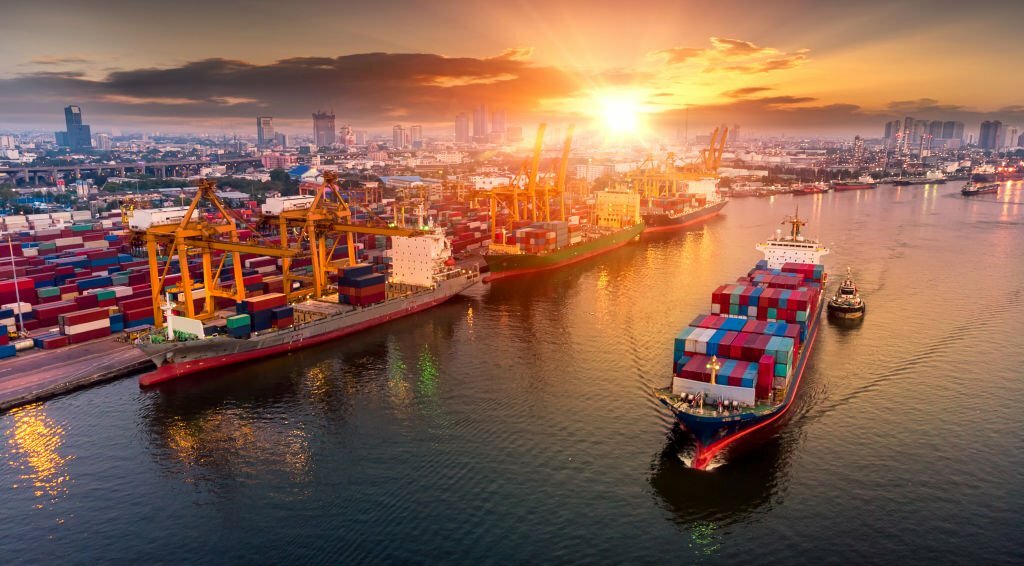

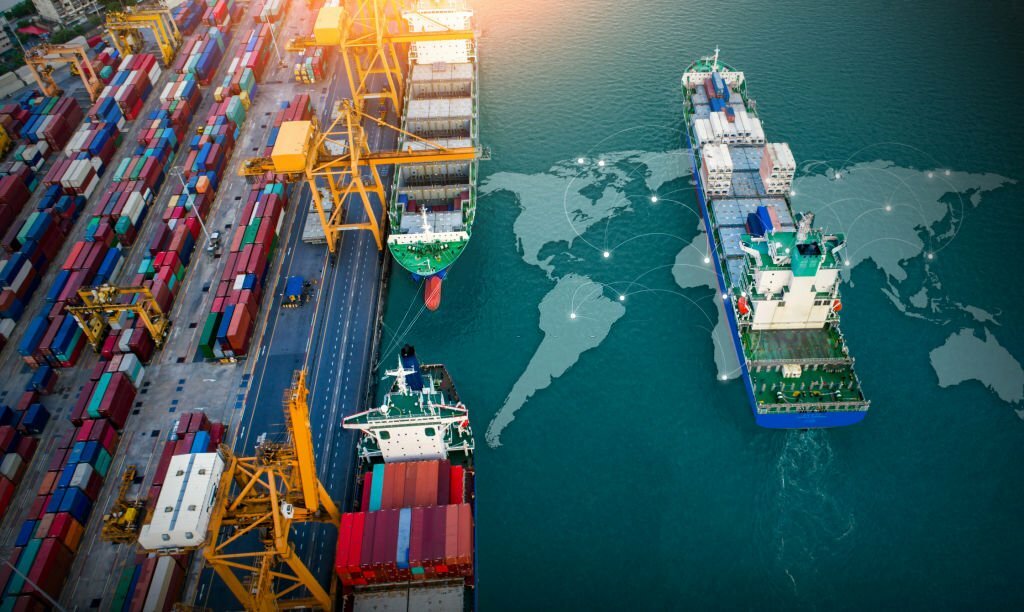

Defining Third Party Logistics (3PL):
At its core, 3rd Party Logistics, often referred to as 3PL, refers to the outsourcing of various logistics functions to external providers. These providers, known as 3PL providers, offer a range of services that span the entire supply chain, from procurement and transportation to warehousing and distribution.
The primary objective of 3PL is to optimize and enhance a company’s logistics operations while allowing it to focus on its core competencies.
The Evolution of 3PL:
The evolution of 3PL can be traced back to the mid-20th century when companies began outsourcing specific logistics functions to reduce costs and improve efficiency. Over the years, the concept has evolved from transactional relationships to strategic partnerships.
Modern 3PL providers have grown to become integrated partners, collaborating closely with businesses to develop customized solutions that address their unique logistics challenges.
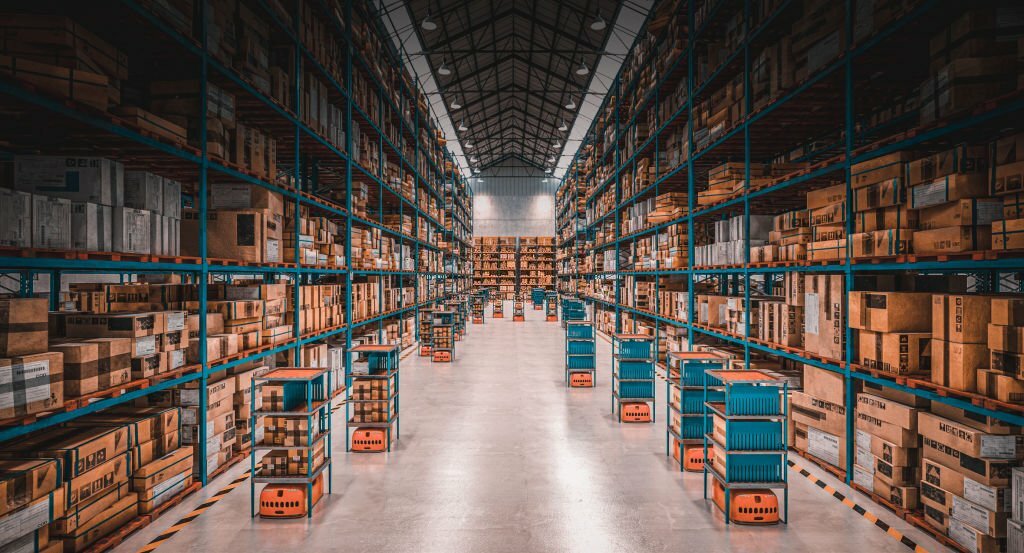

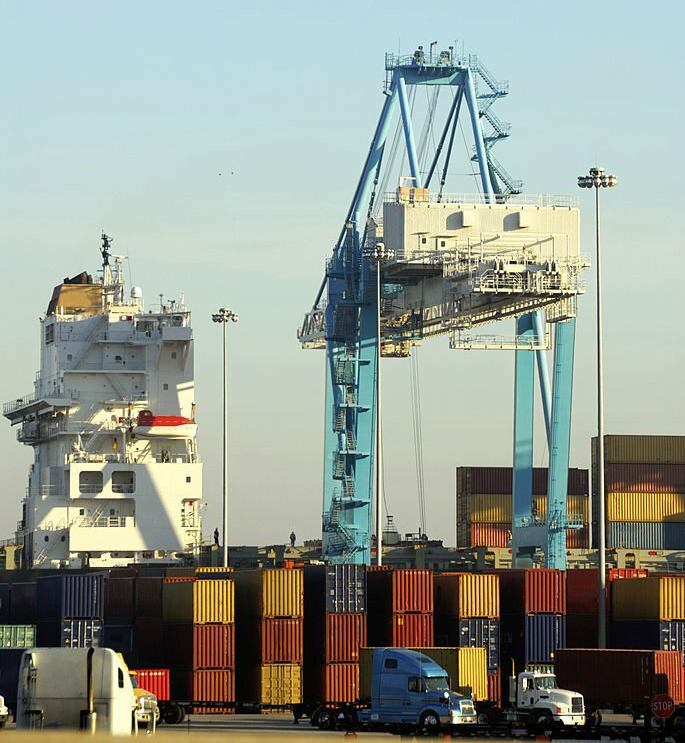

Significance and Benefits:
The significance of 3rd Party Logistics lies in its ability to drive operational excellence, cost reduction, and supply chain agility. By leveraging the expertise and resources of specialized 3PL providers, companies can:
- Cost Savings: Outsourcing logistics functions can lead to cost savings by eliminating the need for in-house resources, infrastructure, and technology investments.
- Expertise and Technology: 3PL providers bring industry-specific expertise and advanced technologies, such as transportation management systems (TMS) and warehouse management systems (WMS), to optimize processes.
- Global Reach: 3PL providers often have an extensive network of partners and facilities, enabling businesses to expand their reach into new markets without heavy investments.
- Focus on Core Competencies: By delegating logistics responsibilities, companies can concentrate on their core competencies and strategic initiatives.
- Flexibility and Scalability: 3PL services can be scaled up or down according to demand fluctuations, offering unparalleled flexibility.
Challenges and Considerations:
While 3rd Party Logistics offers a multitude of benefits, it also presents its own set of challenges that need to be carefully navigated:
- Loss of Control: Outsourcing logistics functions can lead to a perceived loss of control over critical operations.
- Communication and Integration: Ensuring seamless communication and integration between the 3PL provider and the company’s systems is essential for effective collaboration.
- Risk Management: Trusting an external partner with logistics functions requires thorough risk assessment and mitigation strategies.
- Customization: 3PL solutions need to be tailored to the specific needs of each business, which requires careful planning and negotiation.
- Changing Dynamics: As the logistics landscape evolves, companies must ensure their 3PL providers stay up-to-date with the latest technologies and industry trends.
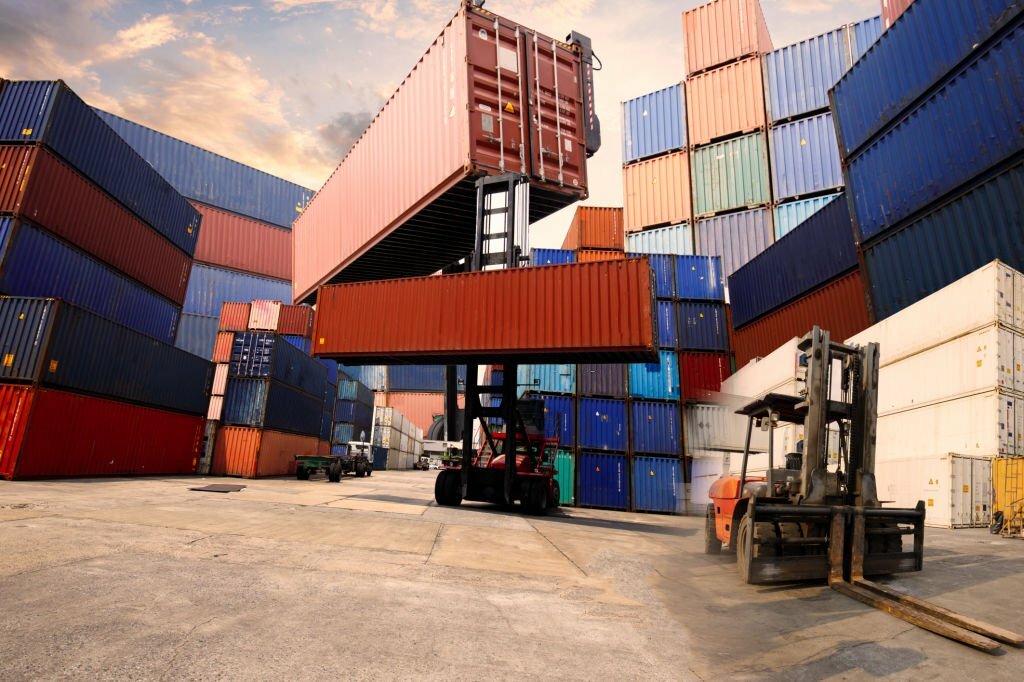

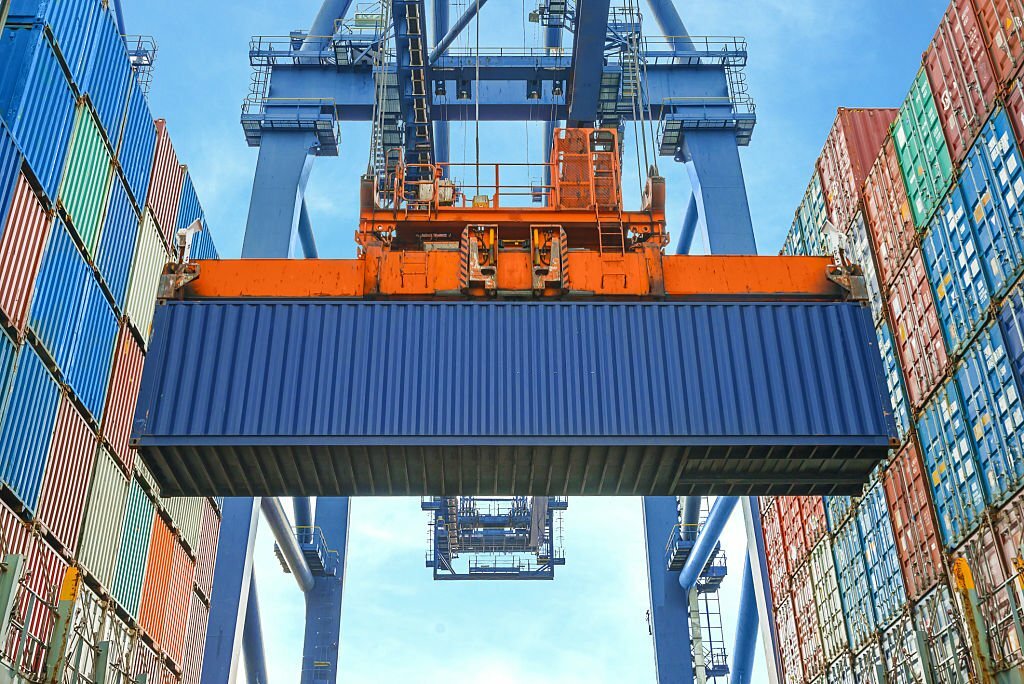

The Future of Third-Party Logistics:
As we look ahead, the future of 3rd Party Logistics promises continued innovation and transformation.
The rise of technologies like artificial intelligence, blockchain, and the Internet of Things (IoT) will further enhance visibility, traceability, and efficiency in logistics operations.
Additionally, sustainability and environmental considerations are poised to play a significant role, driving the adoption of eco-friendly practices within 3PL operations.
Exploring the Layers of Third-Party Logistics (3PL):
1- Service Offerings: 3PL providers offer a wide array of services tailored to meet the diverse needs of businesses. These services can encompass transportation, warehousing, inventory management, order fulfillment, customs brokerage, freight forwarding, packaging, and even reverse logistics (managing returned goods).
2- Types of 3PL Providers: There are various types of 3PL providers, each catering to different aspects of logistics:
- Transportation-based 3PL: Specializes in transportation services, such as freight brokerage and carrier management.
- Warehouse-based 3PL: Focuses on warehousing, distribution, and order fulfillment.
- Forwarder/NVOCC (Non-Vessel Operating Common Carrier): Specializes in international freight forwarding and ocean transportation.
- Integrated 3PL: Offers a comprehensive suite of services, integrating transportation, warehousing, and value-added services.
3- Value-added Services: Many 3PL providers go beyond the basics and offer value-added services that enhance supply chain efficiency and customer satisfaction. These services might include kitting, assembly, labeling, packaging customization, and more.
4- Customization: Effective 3PL solutions are customized to align with the specific requirements and strategies of each business. This customization extends to factors like transportation modes, warehousing locations, inventory management methods, and reporting formats.
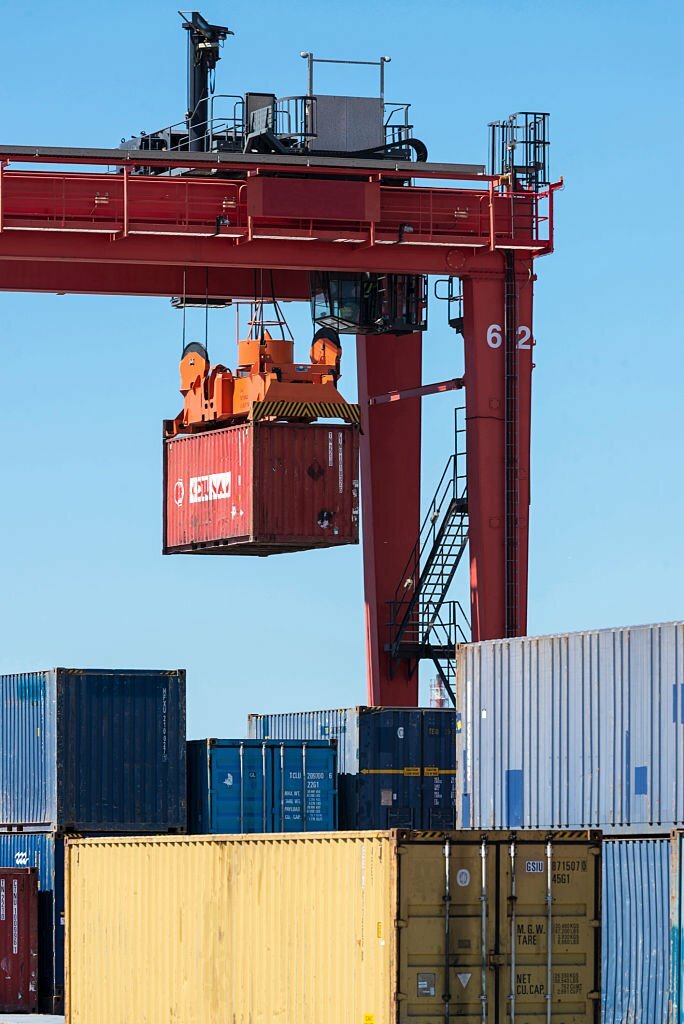



Implementing Third Party Logistics Successfully:
- Strategic Partnership: Choosing the right 3PL provider involves establishing a strategic partnership that aligns with your business goals. It’s essential to evaluate the provider’s capabilities, expertise, technology infrastructure, and their commitment to collaboration.
- Clear Communication: Open and consistent communication between the company and the 3PL provider is paramount. Establishing well-defined lines of communication ensures that both parties are aligned and can quickly address any issues that arise.
- Performance Metrics and KPIs: Setting up key performance indicators (KPIs) helps track the effectiveness of the 3PL relationship. Metrics like on-time delivery rates, order accuracy, inventory turnover, and cost per unit shipped provide insights into the partnership’s success.
- Data Sharing and Integration: Successful 3PL partnerships involve seamless data sharing and integration between the company’s systems and the 3PL provider’s technology. This ensures real-time visibility into inventory levels, order statuses, and transportation routes.
Empowering Your Supply Chain with OFS
Efficient supply chain management can make all the difference between success and stagnation. At OFS, we understand the intricacies of modern supply chains and are proud to introduce our exceptional 3rd Party Logistics (3PL) services through our brand, OFS. With a relentless commitment to excellence, cutting-edge technology, and a customer-centric approach, OFS is poised to revolutionize the way you manage your logistics operations.
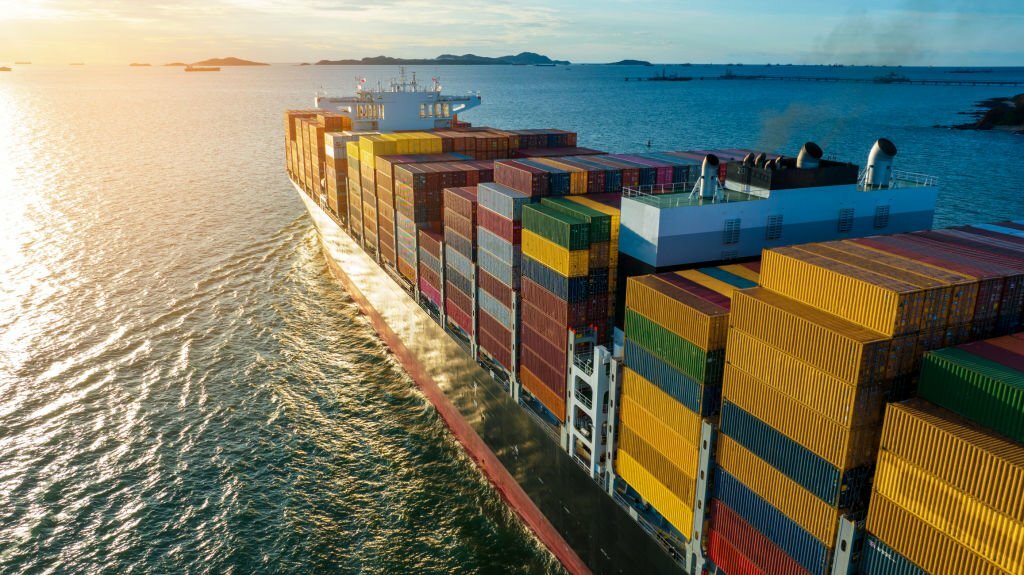



Why OFS Third Party Logistics?
- Experience and Expertise: With years of experience under our belt, we have honed our skills in providing comprehensive 3PL solutions. Our team of logistics experts brings a wealth of industry knowledge, ensuring that your supply chain operations are in capable hands.
- Customized Solutions: We understand that no two businesses are alike. That’s why we pride ourselves on crafting customized 3PL solutions that align with your unique requirements. From transportation and warehousing to order fulfillment and distribution, we tailor our services to fit your business like a glove.
- Advanced Technology Integration: Technology is at the heart of modern logistics, and at OFS, we leverage cutting-edge tools and platforms to optimize your supply chain. Our sophisticated digital platforms offer real-time visibility, predictive analytics, and seamless integration, enhancing efficiency and driving informed decision-making.
The OFS Advantage:
- Efficiency Redefined: With OFS, efficiency is not just a buzzword—it’s a commitment. We streamline your logistics processes, minimizing delays, reducing lead times, and ensuring that your products reach their destinations with utmost punctuality.
- Cost Optimization: Cost-effectiveness is a cornerstone of our approach. By outsourcing your logistics functions to OFS, you can eliminate the need for heavy investments in infrastructure, technology, and personnel, resulting in significant cost savings.
- Focus on Core Competencies: Free up your resources and energy to focus on what truly matters your core business functions. With OFS managing your logistics, you can channel your efforts into innovation, market expansion, and strategic growth initiatives.
- Global Reach, Local Expertise: Our global network of partners and facilities empowers you to expand your market reach without the complexities of managing an international supply chain. From local nuances to global regulations, we have you covered.
- Reliability and Trust: At OFS, reliability is not just a promise; it’s our foundation. You can trust us to handle your logistics operations with the highest degree of professionalism, transparency, and integrity.
Contact us today to explore how OFS 3rd Party Logistics can elevate your business to new heights. Let us empower your supply chain, so you can focus on what you do best creating value and driving success.
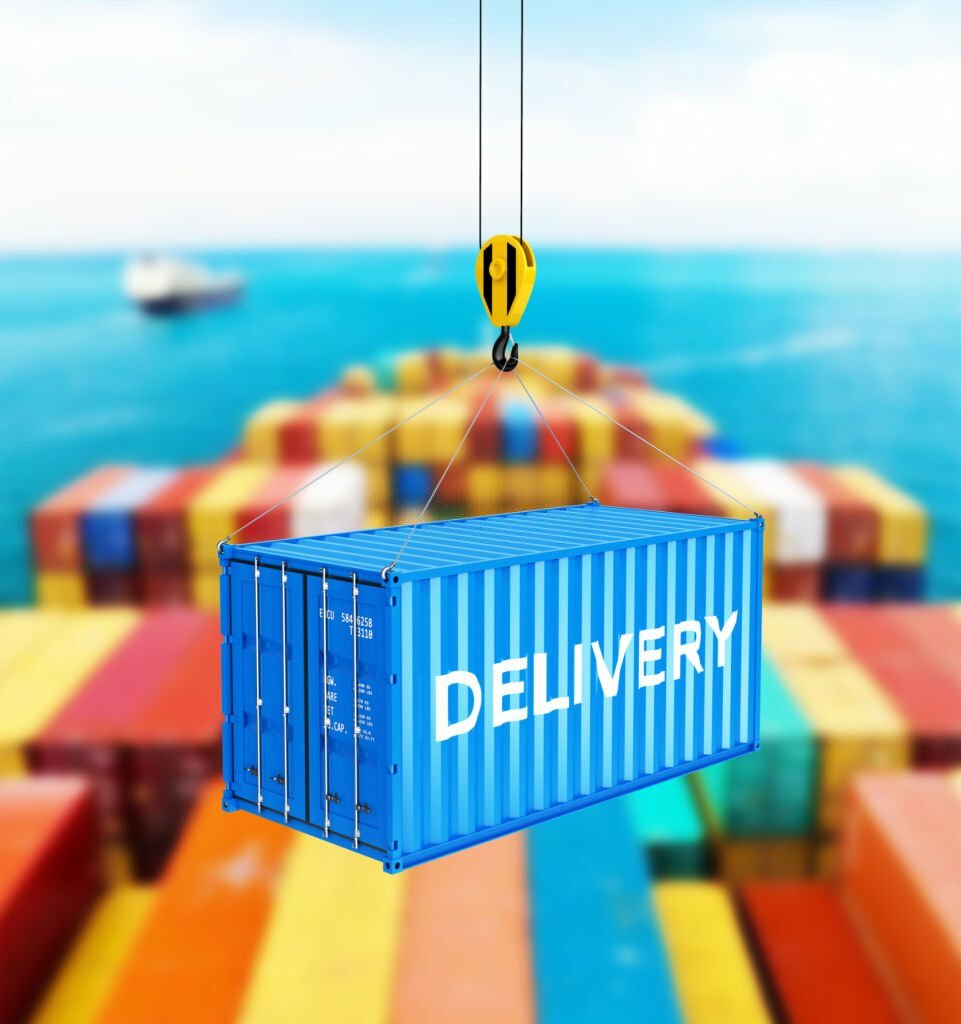

FAQ
3rd Party Logistics, commonly known as 3PL, refers to the practice of outsourcing various logistics functions to external providers. These providers specialize in services such as transportation, warehousing, order fulfillment, and distribution, allowing businesses to focus on their core competencies.
3PL providers offer a wide range of services, including transportation management, warehousing, inventory management, order processing, packaging, freight forwarding, customs brokerage, and value-added services such as kitting and labeling.
The benefits of using 3PL services include cost savings, access to industry expertise, advanced technology integration, scalability, improved supply chain visibility, reduced operational complexities, and the ability to focus on core business activities.
Businesses of all sizes and industries can benefit from 3PL services. From startups looking to streamline operations to established companies aiming to optimize their supply chains, 3PL offers solutions tailored to diverse needs.
When choosing a 3PL provider, consider factors such as their industry experience, technology capabilities, geographic coverage, service offerings, customer reviews, and their ability to customize solutions to meet your specific requirements.
Technology is integral to 3PL operations. Modern 3PL providers use advanced systems such as transportation management software (TMS), warehouse management systems (WMS), and real-time tracking solutions to enhance supply chain visibility, optimize routes, and improve overall efficiency.
Yes, 3PL providers often have a global network of partners and facilities, making them well-suited for international shipping and trade. They can assist with customs clearance, cross-border transportation, and compliance with international regulations.
Challenges in implementing 3PL services include potential loss of control over certain aspects of logistics, communication and integration issues, risk management concerns, the need for clear performance metrics, and the importance of selecting a reliable provider.
Yes, reputable 3PL providers offer customization options to align their services with your specific business needs and goals. They work closely with you to design logistics solutions that address your challenges and leverage your strengths.
The future of 3PL is promising, with increased integration of technology, greater emphasis on sustainability, and continued globalization. As supply chains become more complex, 3PL providers will play a pivotal role in ensuring seamless operations and customer satisfaction.


